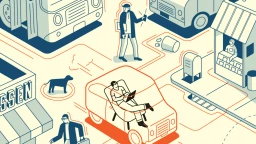A Broad Scope of Projects and Initiatives
BCG actively contributes to key projects, alliances, and partnerships conceived by the World Economic Forum. These collaborations cover a comprehensive range of topics in the spirit of
unlocking the potential of those who advance the world.
Artificial Intelligence and Emerging Technologies

Manufacturers need to optimize for increased productivity, improved sustainability, greater resilience, and a stronger workforce. How can they harness the latest technologies to realize these goals?

AI for India 2030
This collaboration between the Indian government and the World Economic Forum seeks to harness the power of AI for inclusive economic growth and societal advancement. The program focuses on developing ethical AI frameworks, advancing skill-building, and implementing AI solutions across sectors such as agriculture, health care, and education.

BCG is partnering with WEF to improve health outcomes, equitable access, and efficiency by unleashing and scaling the potential of data and digital solutions.

The move to autonomous vehicles—part of the broader shift to software-defined vehicles—has profound implications not just for the automobile industry but also for society. Developing these technologies effectively and responsibly requires collaboration across the value chain and beyond.
Climate and Sustainability

BCG’s
Christoph Schweizer and
Rich Lesser are members of the Alliance of CEO Climate Leaders—a global network of CEOs working to catalyze action in all sectors to deliver on the goals of the Paris Agreement. Rich Lesser also serves as chief advisor to the Alliance.

Leaders from both the public and private sectors must take bold action to protect communities, organizations, and natural systems from the impacts of climate change. A new generation of data-driven and digital technologies will play a central role in this effort.

China’s efforts in the green transition of value chains will help the environment, create business opportunities, and accelerate the adoption of green products and services in China and beyond.
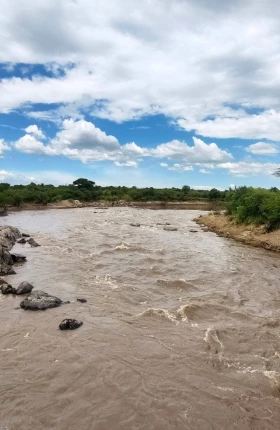
Climate and Health Sector Impact and Adaptation Opportunities
The climate crisis is a health crisis, with climate change endangering the health of populations globally. BCG and the WEF are exploring the economic implications of these climate-driven health risks, and identifying how the private sector can lead efforts to adapt and build resilience.
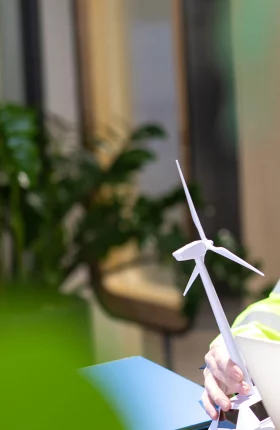
As global decarbonization efforts accelerate, there is a risk that the costs of the transition will not be fairly distributed. Coordinated action can help advance equity.

Global Business Adaptation Alliance
We drive climate adaptation forward by estimating the global market for adaptation goods and services, pushing the agenda on adaptation through water, and working together with key market partners to enhance implementation. This collaboration explores opportunities in Southeast Asia and standardizes operating models for regional platforms to support scalable, impactful solutions.

Food Innovation Hubs Global Initiative
Food Innovation Hubs aim to strengthen innovation ecosystems at global, regional, and national levels to accelerate transformative solutions for sustainable food systems. The five established hubs adopt tailored approaches to drive impactful change in the agrifood sector and pave the way for scalable, sustainable innovation.

BCG is a member of the Natural Climate Solutions Alliance, a global network of public and private stakeholders mobilizing to advance natural climate solutions that address the climate challenge. BCG's
Paulina Ponce de Leon Barido serves on the Alliance's steering committee.
First Movers Coalition

Article
January 17, 2023
A major international initiative aims to cut carbon emissions by guaranteeing demand for new breakthrough technologies in hard-to-abate industries such as steel, transportation, and concrete.

This white paper presents the findings of the First Movers Coalition India workshop, which brought together private and public sector stakeholders working on India's decarbonization.

This report covers insights from a workshop during which companies, government officials, financiers, and others met to discuss opportunities and challenges for industrial decarbonization in Brazil. It focuses on surfacing supply of near-zero steel, aluminum, and aviation fuels.
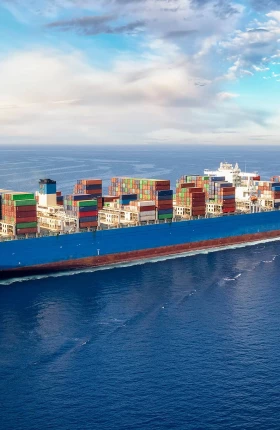
Drawing on insights from 20+ leading organizations along the shipping value chain, this report highlights ten key barriers limiting final investment decisions (FIDs) for zero-emission shipping fuel projects today, including an initial perspective on how to start breaking them.
Inclusion

Individuals are increasingly participating in global capital markets, driven by the need to secure their financial futures amid insufficient public pension schemes and rising wealth stratification. This WEF-BCG collaboration aims to gather key data on financial behavior and promote responsible and fair retail participation in capital markets.

BCG is a founding member and active participant of this coalition committed to accelerating LGBTIQ+ equality and inclusion globally. BCG’s
Michael Schachtner and
Elliot Vaughn serve on the coalition’s steering committee.

Rich Lesser serves as a champion for the EDISON Alliance—an ecosystem of changemakers with a shared goal of empowering individuals around the globe to participate in the digital economy in an affordable manner.
Past Projects
Mission Possible
Concrete, steel, aluminum, and chemicals—as well as the ships, planes, and trucks that move them—are building blocks of the global economy. But these sectors are also responsible for 30% of global greenhouse gas emissions. In order to drive change in these sectors, BCG has partnered with the World Economic Forum to deliver a series of decarbonization strategies for the Mission Possible Partnership.
Read more about the project
Read more about the project

Unlocking Value in Manufacturing Through Data
By leveraging data and advanced analytics, companies can provide better products and services, optimize their value chains, and maximize return on capital. Effective data-sharing applications are essential to define key success factors and to enable manufacturers to derive value from their data.
Read more about the project
Read more about the project
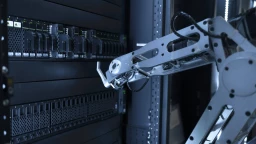
Accelerating Humanitarian and Resilience Investing
An emerging form of blended financing and project structuring reaches out to private sector investors as partners in initiatives to benefit displaced communities.
Read more about the project
Read more about the project

The Inclusivity Quotient
Transportation and economic development are deeply intertwined; in fact, commuting time is the greatest indicator of an individual’s ability to escape poverty. BCG’s latest research collaboration with the World Economic Forum explores how thoughtfully designed mobility systems can play a crucial role in everything from a community’s health to socioeconomic gains.
Read more about the project
Read more about the project

Antimicrobial Resistance
Another pandemic is on the horizon—and in plain sight. Avoiding its full impact requires action now.
Read more about the project
Read more about the project

How Private Equity Can Create Value Through Purpose
The industry holds clear advantages for making the businesses it invests in more environmentally and socially sustainable. Interviews with leading players point to five priorities.
Read more about the project
Read more about the project

Internet For All
Making high-speed internet access available to those who lack it—in both developing and developed nations—is a critical task for the global community.
Read more about the project
Read more about the project
Unlocking Value in Manufacturing Through Data
Autonomous vehicles will be an integral part of future urban transportation ecosystems. Boston’s test program offers important insights on planning, implementation, and policymaking.
Read more about the project
Read more about the project
